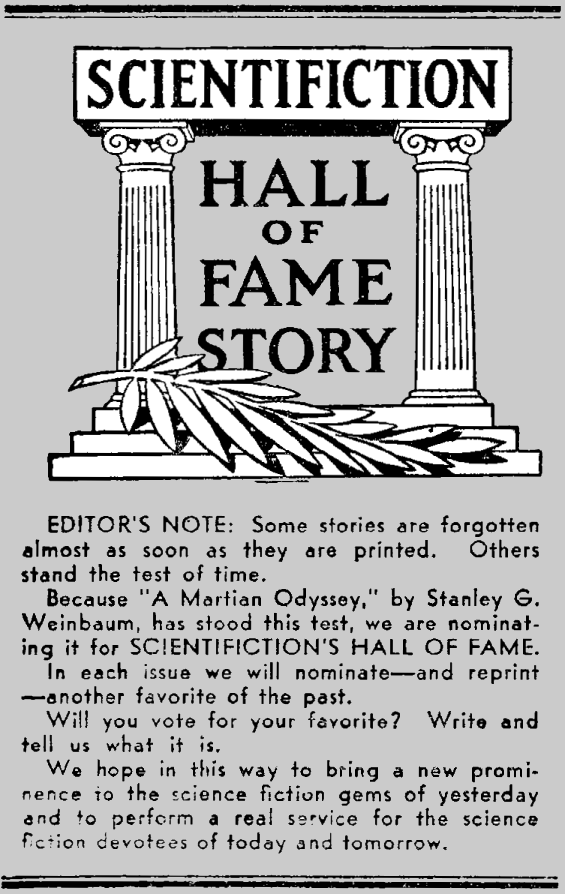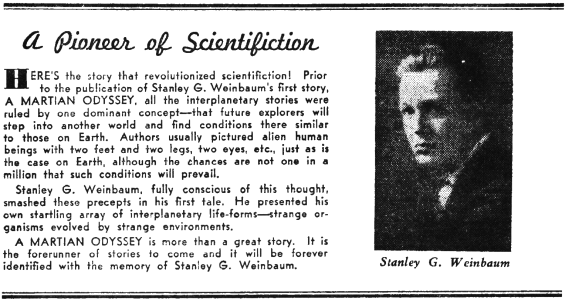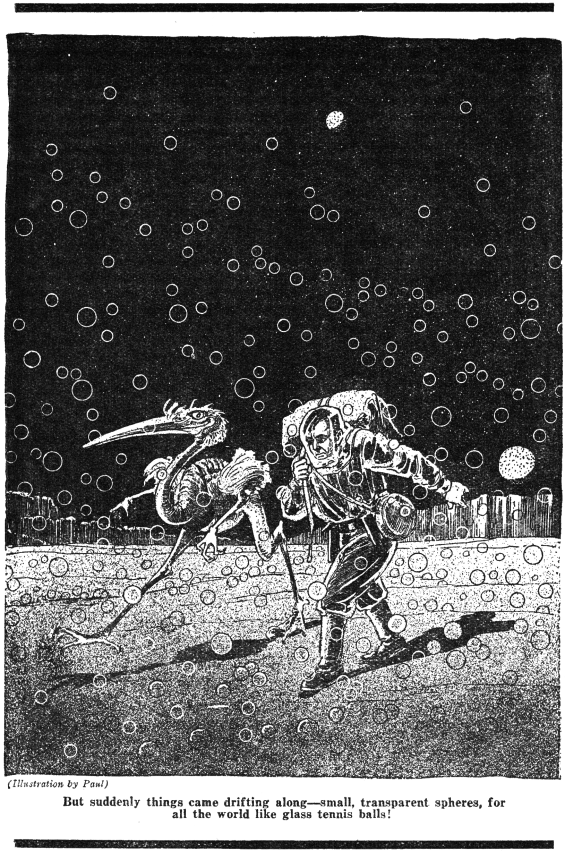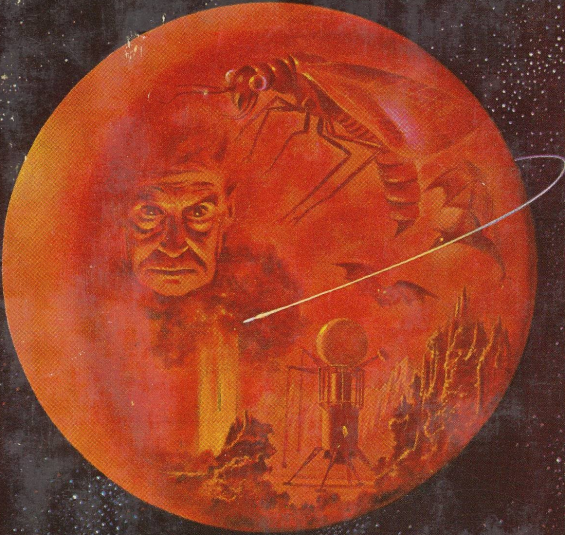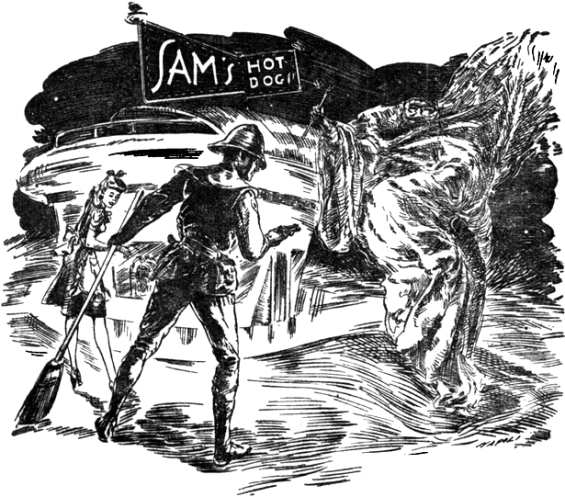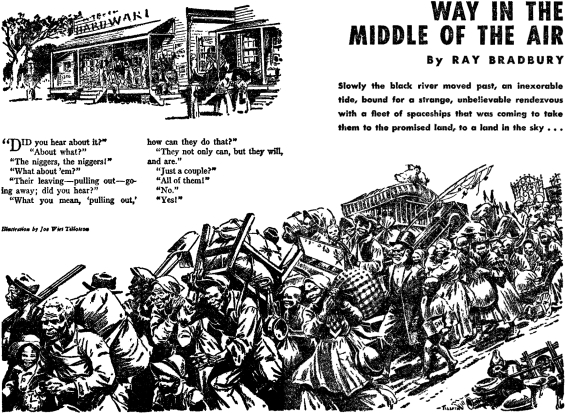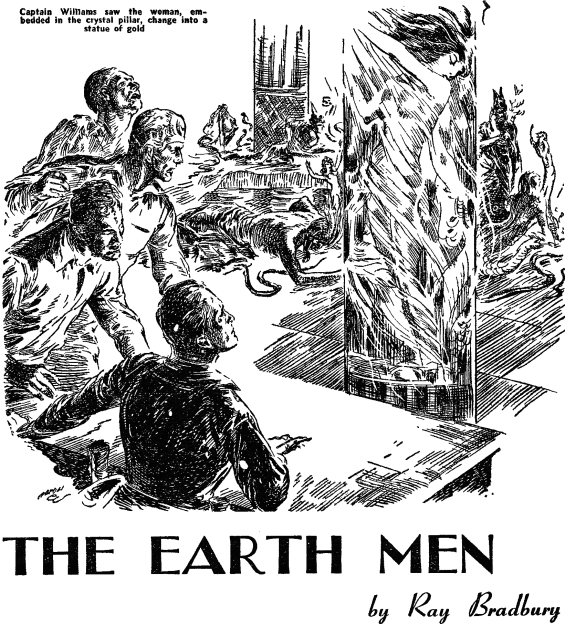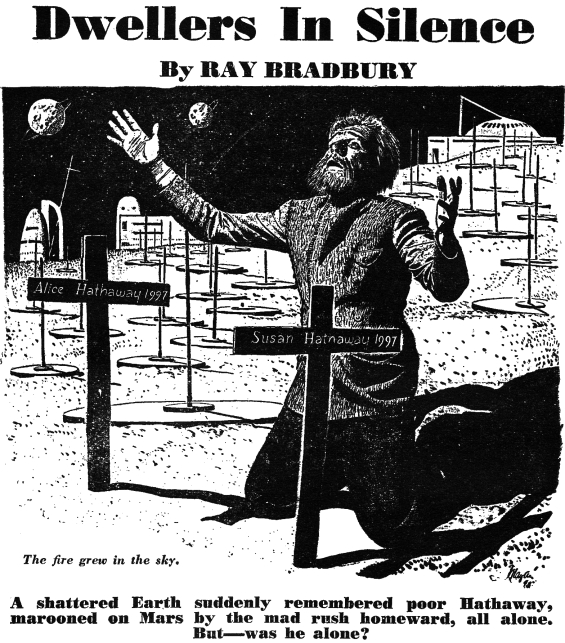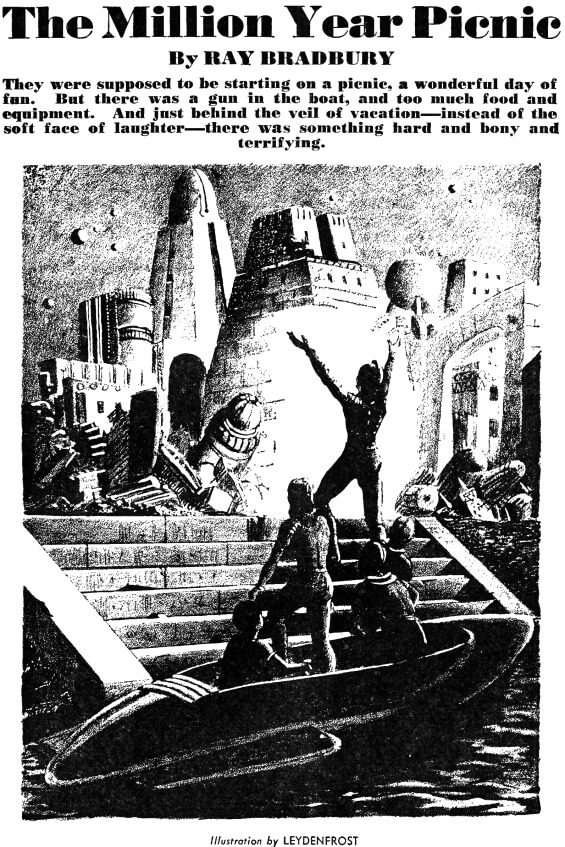

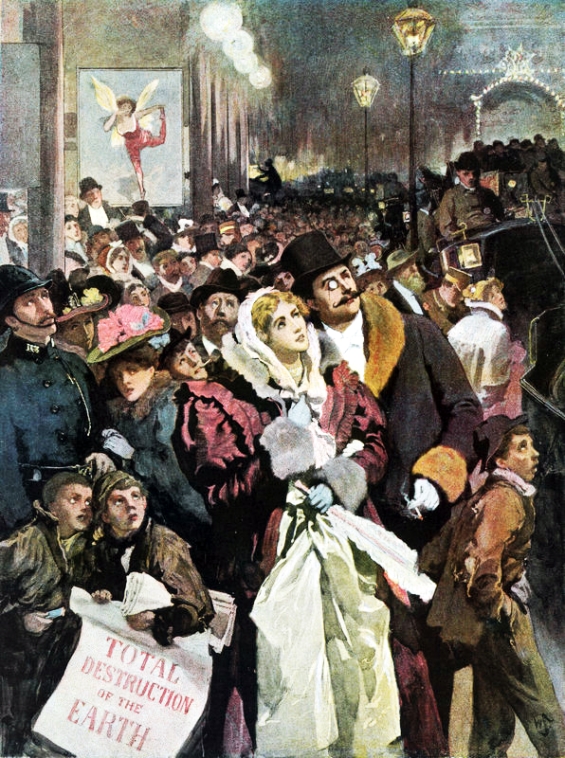
Here’s a portion of the Wikipedia entry for The Star:
“[The Star] can be credited with having created a Science Fiction sub-genre depicting a planet or star colliding, or near-colliding with Earth – such as the 1933 novel When Worlds Collide by Philip Wylie and Edwin Balmer, (made into a film in 1951), Fritz Leiber’s The Wanderer (1965), and Lucifer’s Hammer by Larry Niven and Jerry Pournelle (1977).”
Here is the editorial introduction (presumably by Hugo Gernsback himself) to the story as found in the Amazing Stories, June 1926 printing:
“Here is an impressive story based on the inter-action of planetary bodies and of the sun ipon them. A great star is seen approaching the earth. At first it is only an object of interest to the general public, but there is an astronomer on the earth who is watching each phase and making mathematical calculations, for he knows the intimate relation of gravitation between bodies and the effect on rotating bodies of the same force from an outside source. He fears all sorts of wreckage on our earth. He arns the people, but they as usual, discount all he says and label him mad. But he was not mad. H.G. Wells, in his own way, gives us a picturesque description of the approach of the new body through long days adn nights – he tells how the earth and natural phenomena of the earth will re-act. Though this star never touches our sphere, the devastation and destruction wrought bu it are complete and horrible. The story is correct in its astronomical aspects.”
Without a significant viewpoint character H.G. Wells’ The Star relates, with elegiac cosmicism, of the destruction of Earth and its inhabitants. There is in this story a dispassionate reverence for both the blind omnipotence of nature and mortal humanity’s perception of its place within it.
 The Star
The Star
By H.G. Wells; Read by Pamela Quevillon
1 |MP3| – Approx. 35 Minutes [UNABRIDGED]
Podcaster: 365 Days Of Astronomy
Podcast: October 20, 2013
Astronomers discover a bright new star in the heavens rushing headlong towards the Earth on a collision course. First published in The Graphic, December 1897.
 The Star
The Star
By H.G. Wells; Read by Heather Phillips
1 |MP3| – Approx. 30 Minutes [UNABRIDGED]
Publisher: LibriVox.org
Published: 2010
Astronomers discover a bright new star in the heavens rushing headlong towards the Earth on a collision course. First published in The Graphic, December 1897.
 The Star
The Star
By H.G. Wells; Read by Linda Dodge
1 |MP3| – Approx. 32 Minutes [UNABRIDGED]
Publisher: LibriVox.org
Published: 2009
Astronomers discover a bright new star in the heavens rushing headlong towards the Earth on a collision course. First published in The Graphic, December 1897.
 The Star
The Star
By H.G. Wells; Read by Jenny Rowe
1 |MP3| or |MP3| – Approx. 30 Minutes [UNABRIDGED]
Podcaster: Peopletalk
Podcast: September 18, 2006
Astronomers discover a bright new star in the heavens rushing headlong towards the Earth on a collision course. First published in The Graphic, December 1897.
Here is a |PDF| made from the publication in Amazing Stories, June 1926.
Here’s an easy reading version, suitable for printing |PDF|.
And, here’s a Spanish language translation |PDF| that’s beautifully illustrated.
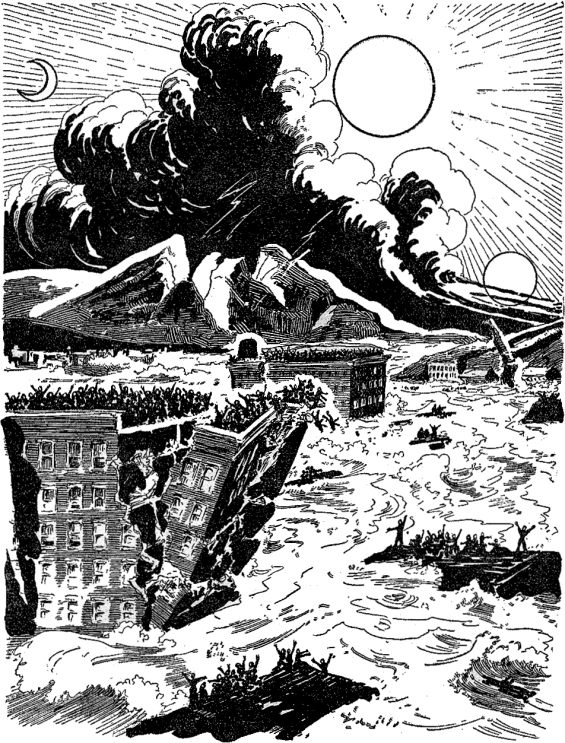
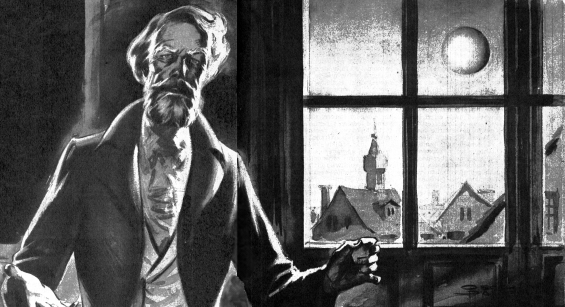

Posted by Jesse Willis

 Aftermath (The Supernova Alpha Series #1)
Aftermath (The Supernova Alpha Series #1)




